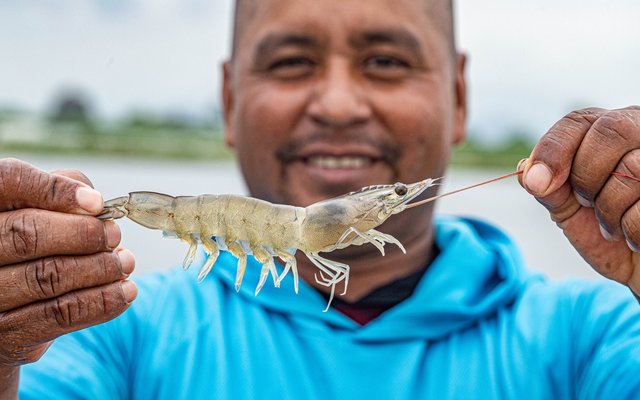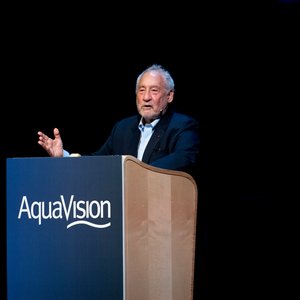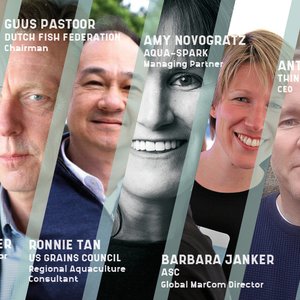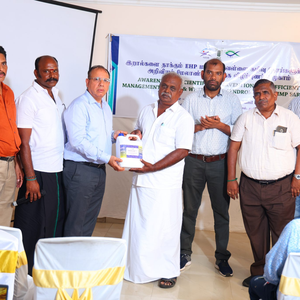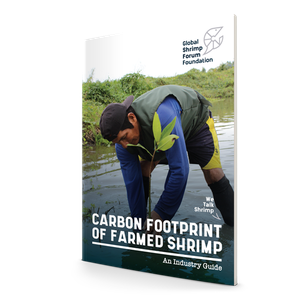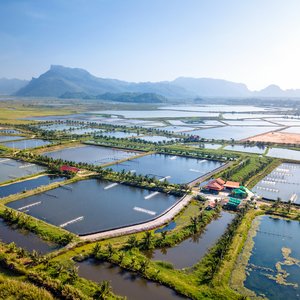The Aquaculture Stewardship Council (ASC) of North America will host a first-of-its-kind seminar from July 12-13, in Guayaquil, Ecuador. Facilitated in partnership with Guayaquil-based Sustainable Shrimp Partnership (SSP) and the National Chamber of Aquaculture for Ecuador, the two-day ASC Shrimp Summit seeks to unite local market sectors around reducing environmental and social impacts of the region’s farmed shrimp industry, with a key focus on ASC certification. More than a dozen major North American retail companies and seafood suppliers will take part, including senior representatives from Ahold Delhaize, Loblaws, Safeway and Disney.
During the seminar, participants will tour ASC-certified shrimp farms and processors to gain up close insights into responsible shrimp production. Educational panels will be conducted throughout, fostering open dialogue between farmers, processors and attendees, while allowing retailers to deliver messages about their expectations for sustainability under the umbrella of ASC certification.
“As part of our ongoing strategy to connect the marketplace directly to the in-country supply chain, we’re excited to facilitate this seminar and drive the growth of ASC-certified shrimp in Ecuador,” said Peter Redmond, ASC’s senior market development manager. “We’ve chosen Ecuador for this first session due to their extensive, low-density shrimp farming, lack of antibiotic use and safe, high-quality shrimp in the production of ASC-certified and labeled shrimp. With Ecuador’s high standards, we feel it is important for stakeholders in the supply chain to see up-close and personal exactly what it means to practice sustainable shrimp production.”
ASC’s global shrimp standard requires that all ASC-labeled shrimp are free from antibiotics, aligning with Ecuador’s movement away from antibiotics in the production of responsibly farmed shrimp in order to preserve the country’s delicate natural ecology. Driving this change toward the wider market to ensure safe, transparent practices and a healthy final product requires the efforts of multiple stakeholders, underlining the importance of ASC’s ongoing work with trade organization SSP and Ecuador’s Chamber.
“Ecuador has always had an innovative aquaculture industry and is constantly adapting its processes to market trends and requirements,” added Pamela Nath, director of the Sustainable Shrimp Partnership. “Having the opportunity to experience closely how the best production practices are applied in the Ecuadorian shrimp industry through SSP is key. It demonstrates that the product’s premium quality and safety profile is the result of our producers’ experience and the exhaustive care they apply in each stage of the production cycle, along with the unique conditions provided by our natural ecosystems. Together with ASC, we are committed to improving customers and consumers access to premium and reliable farmed shrimp.”
ASC hopes the inaugural ASC Shrimp Summit will set the stage for future, perennial gatherings for seafood industry sectors to work collectively, continuously improving seafood production practices and quality.
Photo caption: Shrimp farmer in Ecuador. Photo credits: SSP.


